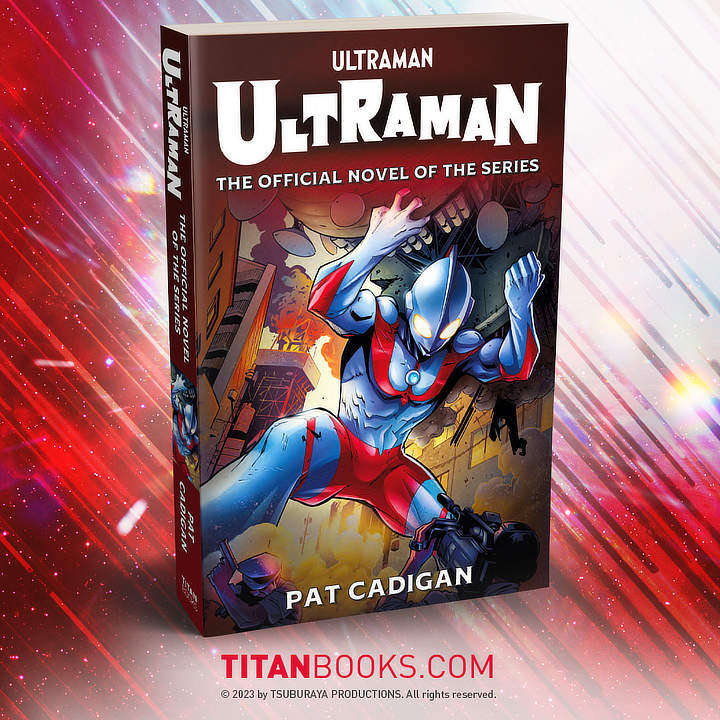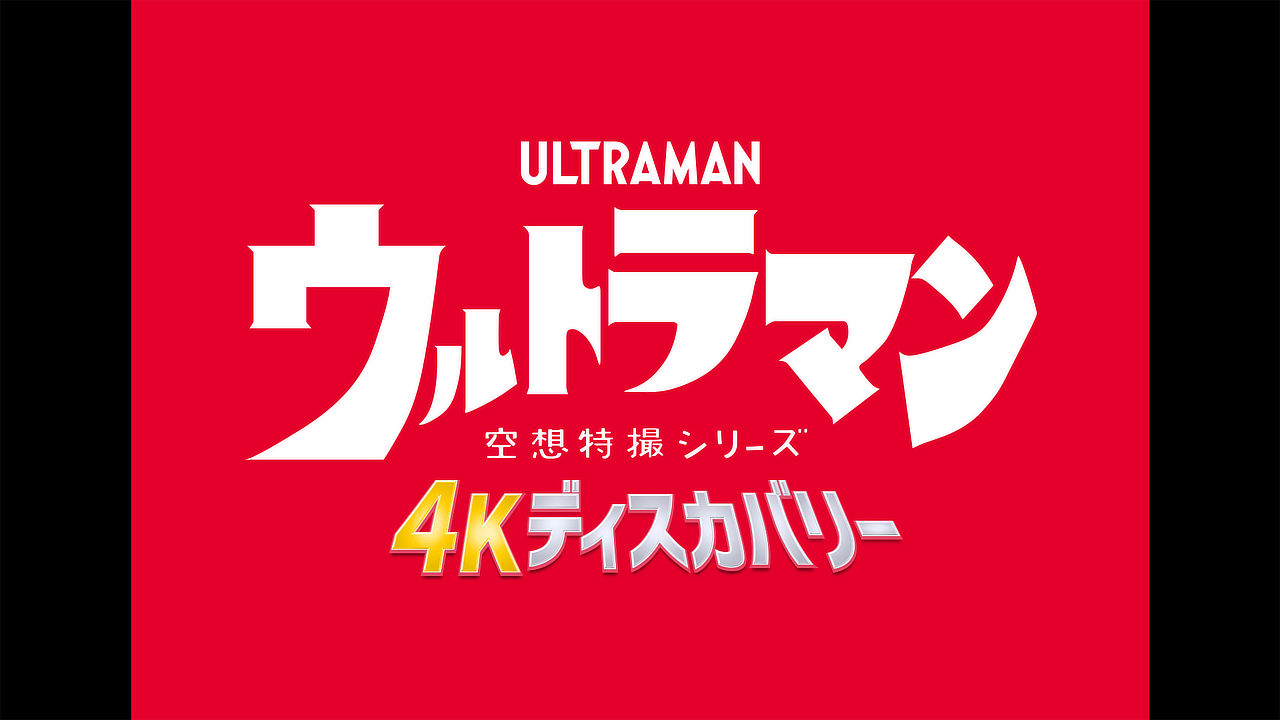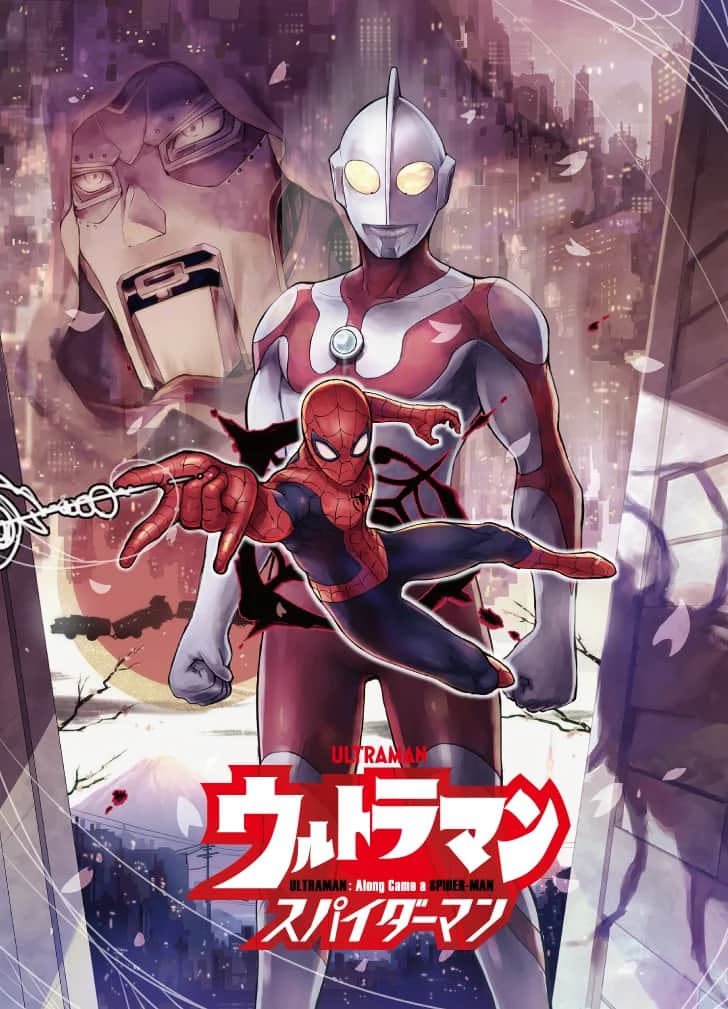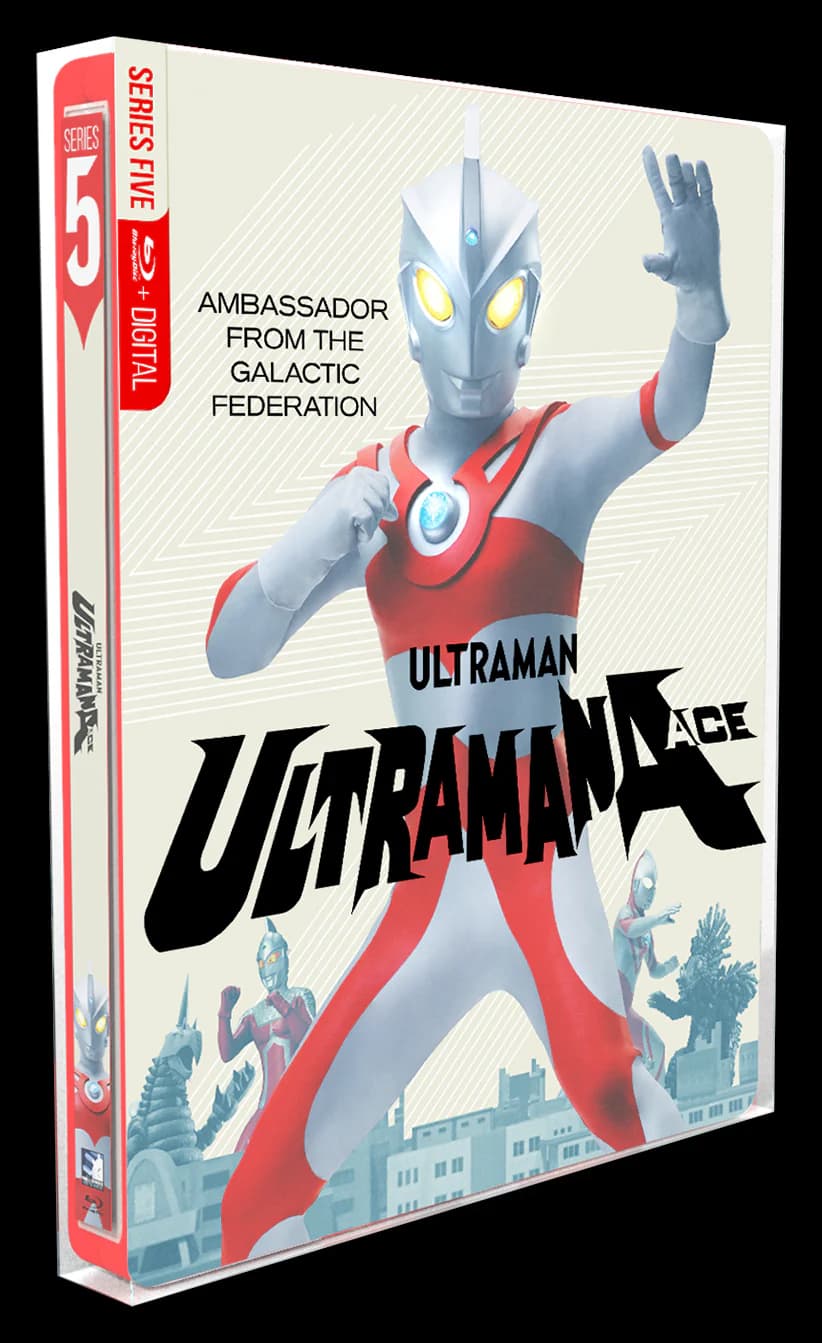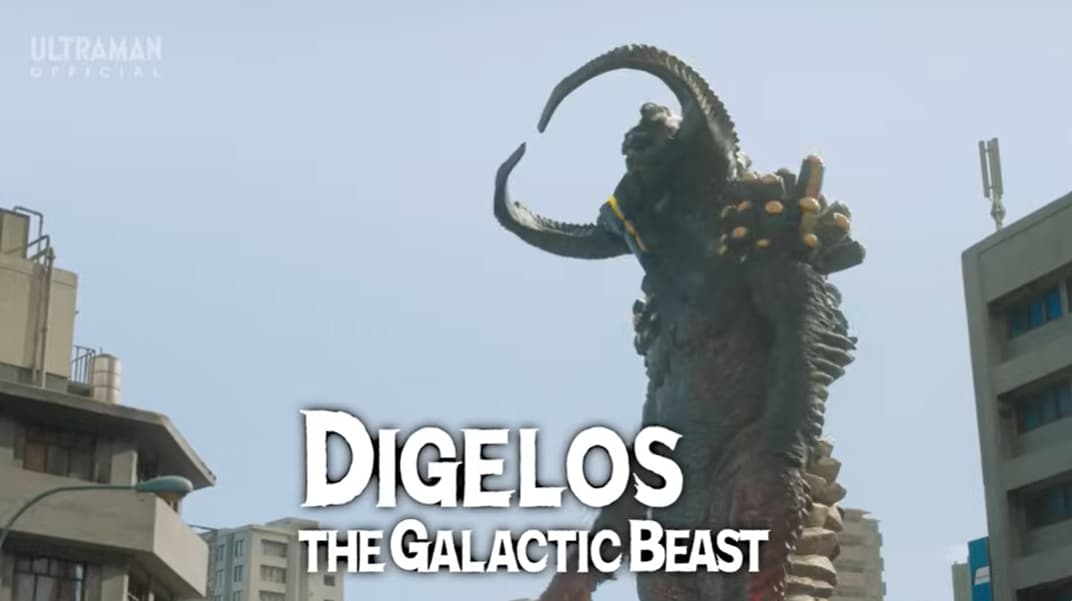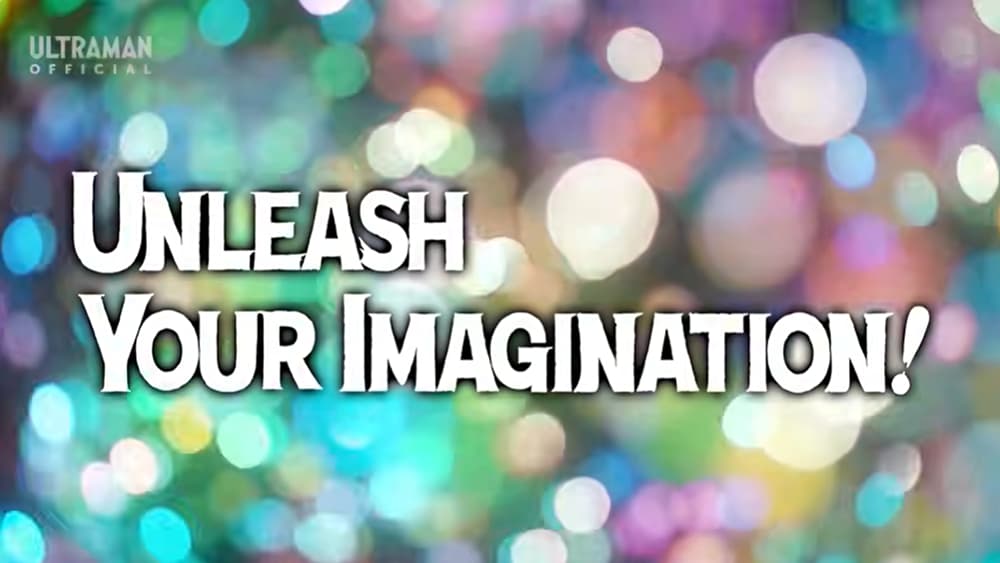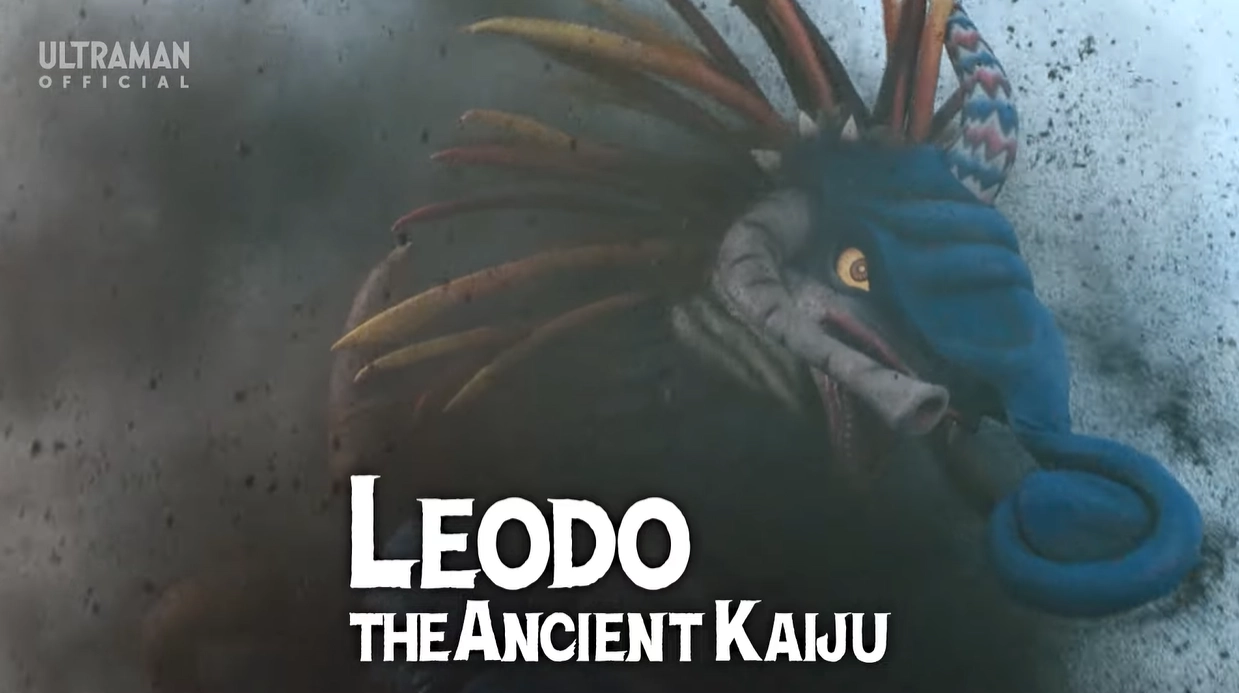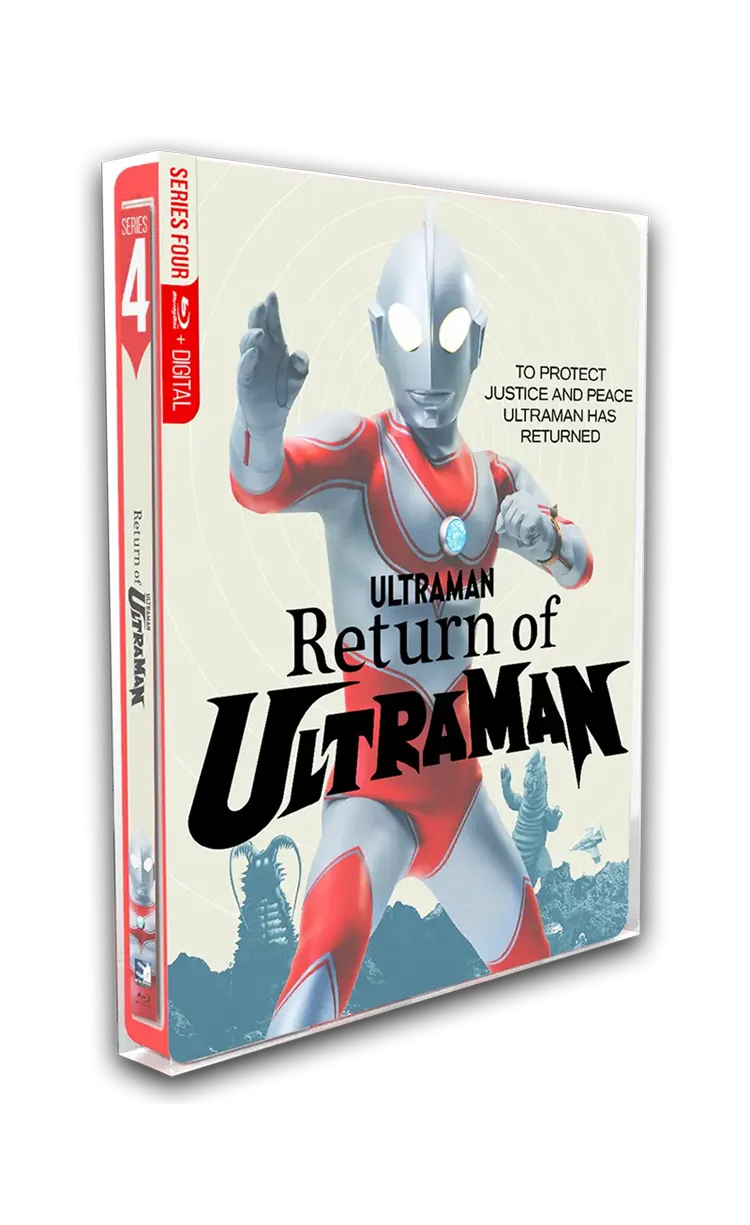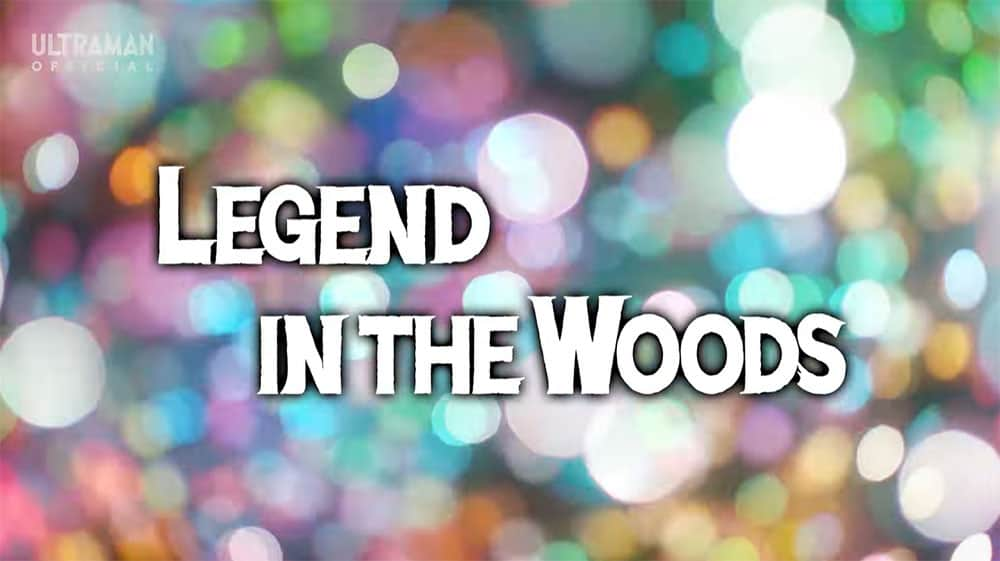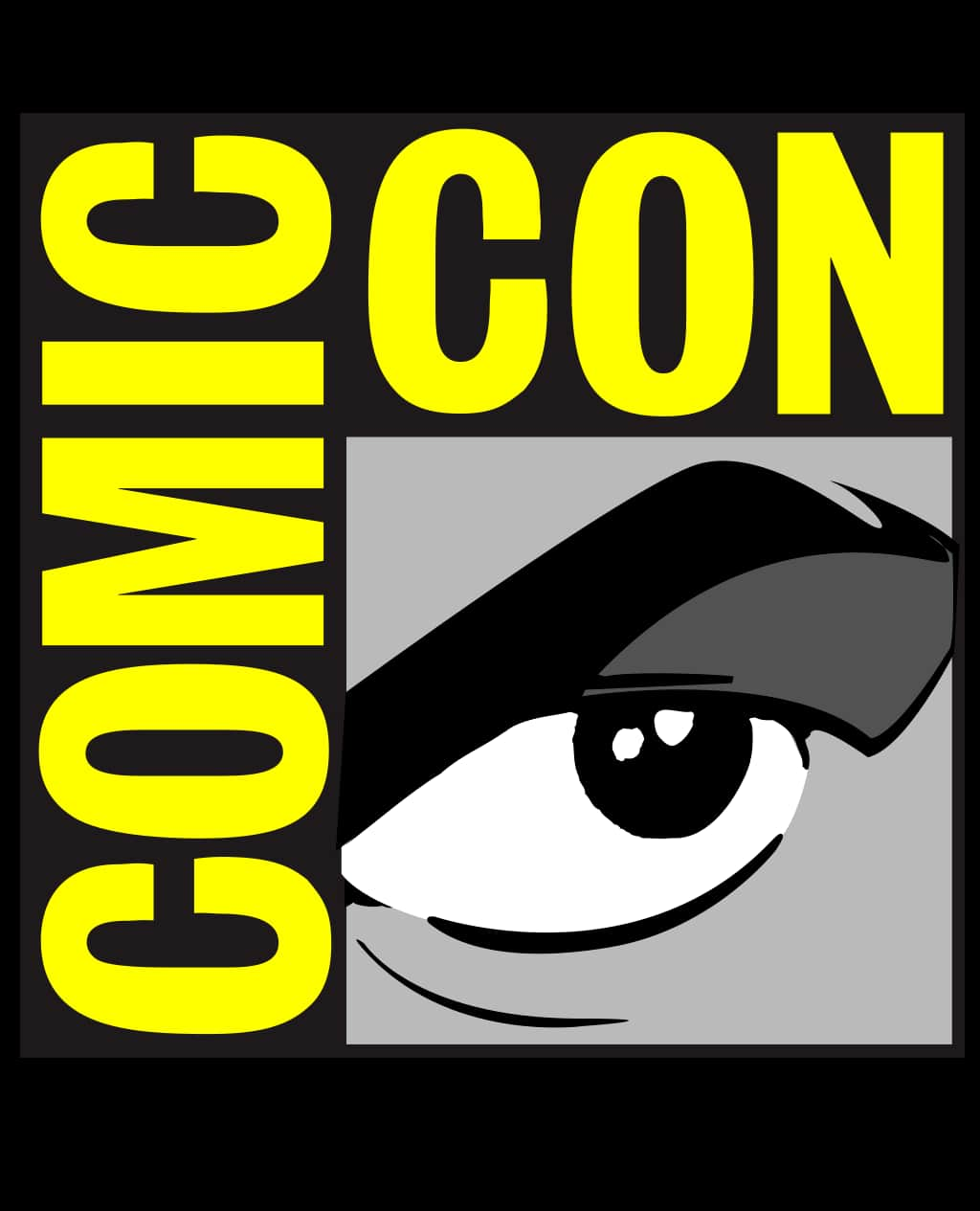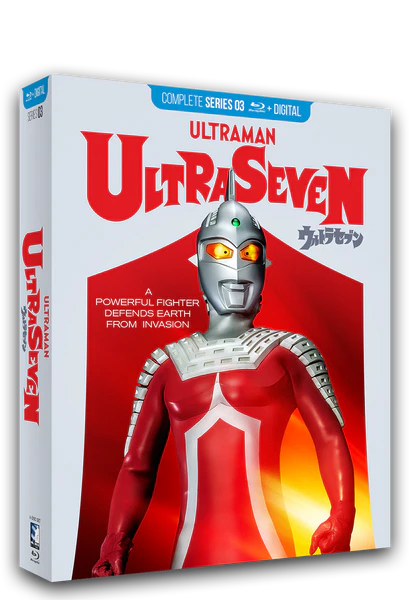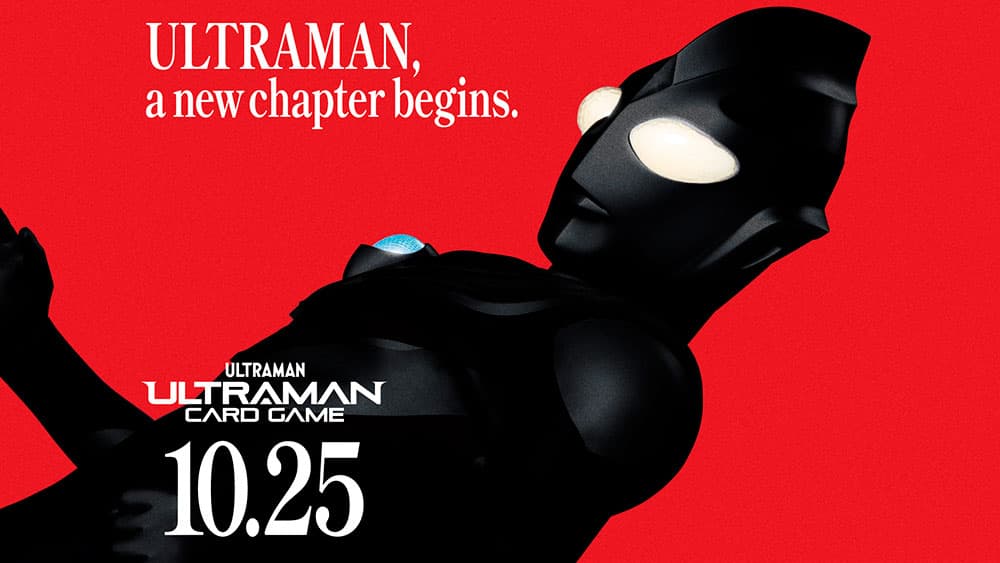Titan Books’s Ultraman novelization by Pat Cadigan is almost here! On December 12th, fans will be able to return to the series that introduced them to the Giant of Light in a brand new way, and we at Ultraman Connection couldn’t be more excited. To help celebrate the upcoming release, we reached out to writer Pat Cadigan to ask a few questions about her experience with Ultraman and writing the book — but that’s not all! Read to the end to find a special preview chapter of the book to tide you over until the book drops! Here we go!
UC: What was your exposure to the Ultraman Series before working on the Ultraman novelization?
PC: When I was thirteen years old, I would run home from school every day to watch Ultraman on a very fuzzy TV channel. Back in those days (you young whippersnappers and grasshoppers ;-) ), you needed an outdoor antenna on the roof to watch TV. This meant that when the weather was bad, you might be stuck listening to the radio instead. But I digress—
I had already decided on a future as a science fiction writer but my resources were limited to whatever I could find at the public library. Science fiction on TV was also limited—we had The Twilight Zone and The Outer Limits but not a lot more. So I was thrilled whenever I found something new to read or watch, and I was especially taken with Ultraman because it wasn’t American—it was from the other side of the world, which was exciting for a kid who wanted to go to Mars but hardly ever got farther away from home than going downtown (or uptown—we used both interchangeably, which was confusing later, but never mind).
The channel that showed Ultraman was usually pretty fuzzy so it was hard to read the subtitles sometimes but I persisted. I was thrilled because I was trying to imagine Japanese kids watching the programs and hoping that someday I might get to go to Japan as well (maybe on my way to Mars). But I’m afraid that’s really all I remember about Ultraman from those days—I didn’t remember the individual episodes or characters. There was no way to find out anything about the program—not that I knew of, anyway—so I just enjoyed it.
Many, many years later, I did go to Japan, not on my way to Mars but to attend the world science fiction convention in 2007 (I think that’s the year) and I saw what a cultural force Ultraman is. In fact, he was part of the Hugo Award trophy that year and I’m still envious of everyone who won one.
Obviously, I watched Ultraman without any context whatsoever but exciting adventure stories translate well enough for kids to enjoy them, regardless.
UC: What do you feel makes Ultraman different from other hero stories?
PC: Well, we’ve had superheroes who come from other, more advanced worlds and have extraordinary powers, or who are born on Earth but get exposed to alien forces or radiation—we all know the various origin stories. As far as I can tell, Ultraman is the only hero who accidentally kills a human and finds a way not only to restore the person’s life but to step into that life and assume that person’s responsibilities.
Author’s note: I really don’t know how to answer this question. All superheroes are unique, sui generis, but I’m not sure there’s another superhero that merged with a human and assumed that person’s life. But for me, the big attraction was that Ultraman wasn’t an American series. It was different, and yet in many ways, similar—monsters or aliens attacked, and only a superhero could defeat them. The scenario was familiar…but different.
UC: The original 1966 Ultraman had over 30 separate episodes and stories, featuring wildly disparate threats. What was the process of weaving a more serialized narrative out of that format like?
PC: In the end, I decided not to fight the episodic nature of the story. The studio told me which stories they wanted me to use and I think they chose well, to showcase Ultraman’s relationships with his fellow members of the Science Patrol as well as his adjustment to life as a human. He comes to Earth in pursuit of a monster—he ends up staying out of a sense of moral and ethical obligation to the human he kills accidentally, and he falls in love with Earth and with humans. I felt as long as I could maintain that continuity, the story as a whole would flow. And to be honest, I like episodic stories. Our lives are episodic—ask anyone, they’ll tell you it’s one damned thing after another, right? ;-) In Ultraman’s/Shin Hayata’s case, it’s one damned monster/alien after another. And when he reaches his limit and can’t go on defending Earth, another Ultra being shows up to rescue him and take him home—but doesn’t leave Shin Hayata in the lurch, to die. I really like the idea that Ultraman comes from an advanced civilization that will help one of its own keep a promise like that. I’d like to think that an advanced civilization is first and foremost compassionate.
And maybe that’s the answer to #2—what makes Ultraman different. We often see advanced civilisations portrayed as *dispassionate*—they have so many advanced things to take care of, they can’t be bothered with the small concerns of Earth people. Eiji Tsuburaya was, as I understand it, a man of faith, and he took the tenet of ‘Love thy neighbor’ very seriously. The Ultra beings don’t consider Earth and its people too primitive to bother with—the Ultra who comes to take Ultraman home brings an extra ‘life’ and gives it to Shin Hayata without hesitation.
With answers like that, there’s no doubt that Cadigan gets the Ultraman Series — which explains why we like the Ultraman novelization so much! Don’t take our word for it, though — judge for yourself. Check out our exclusive preview chapter right here!
Ultraman: The Official Novelization - Excerpt
Ultraman: The Official Novelization drops December 12th, 2023, everywhere that fine books are sold.
